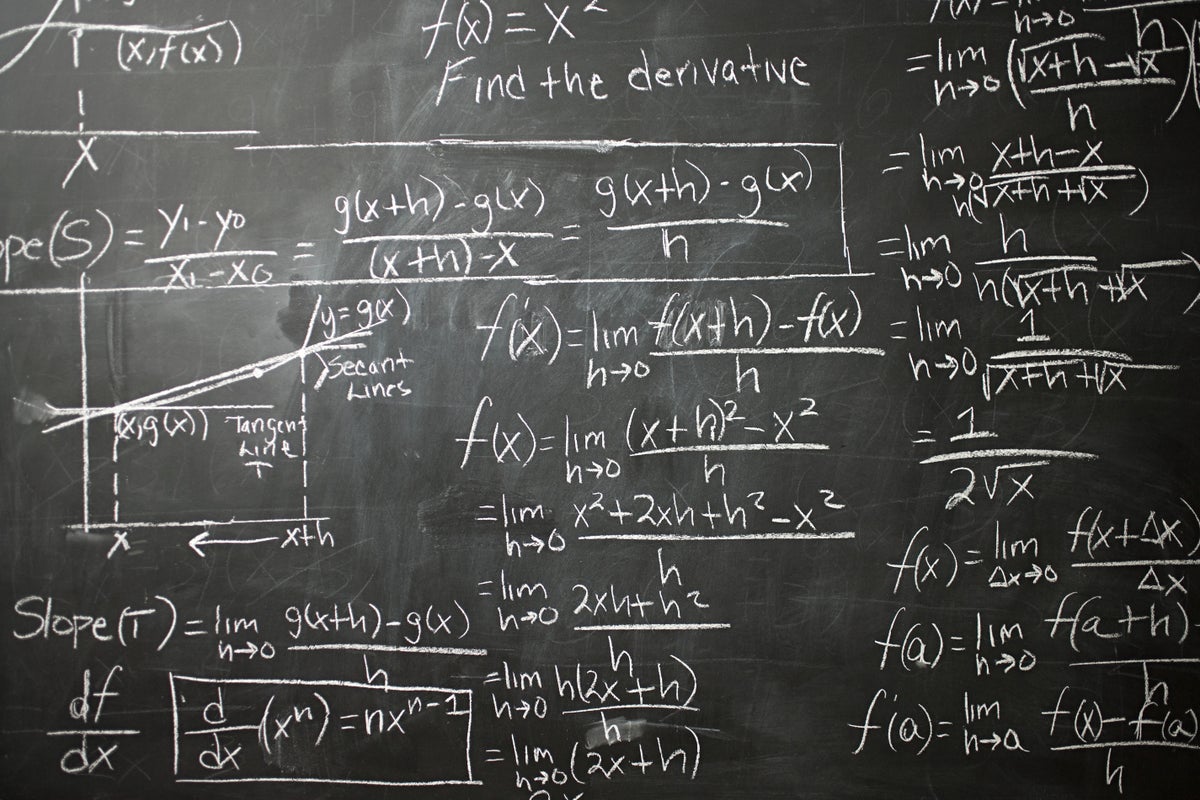- Joined
- Feb 15, 2014
- Messages
- 19,716
- Reaction score
- 11,673
- Location
- South Texas
- Gender
- Male
- Political Leaning
- Conservative
The plan to create more STEM graduates is to get rid of the math that people can't understand. You can't make this stuff up.

 www.scientificamerican.com
www.scientificamerican.com

To Keep Students in STEM fields, Let's Weed Out the Weed-Out Math Classes
Reimagining calculus has changed several schools’ success rates. Here’s how
